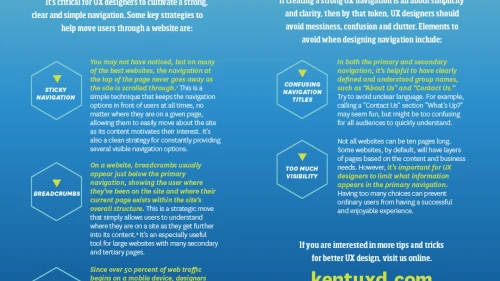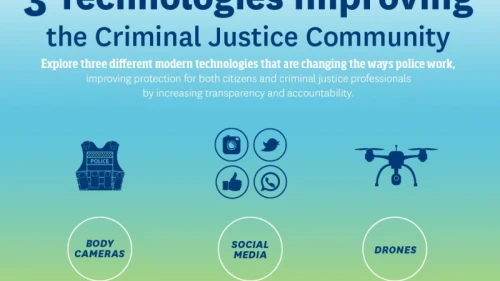Dr. Wendy K. Matthews, the Program Coordinator for the Online Master of Music in Music Education, shares her ideas for motivating your ensemble in her blog post for the National Association for Music Education.
Motivating Your Ensemble: Ignite a Spark!
By NAfME Member Wendy K. Matthews
When making music with others, the ensemble is able to become much more than the sum of its individual parts. What can we do as conductors to guide and shape this process? One approach is to nurture two motivational constructs from psychology: self-efficacy and collective efficacy.
As defined by noted psychologist Albert Bandura, self-efficacy is one’s personal beliefs regarding their capabilities to perform certain behaviors successfully, and collective efficacy is an indicator of a group’s judgment of their combined capabilities to accomplish a task. Research shows that actively cultivating both self- and collective efficacy influences musicians’ performance, their use of effective strategies, their willingness to persist, and their long-term participation in music.
Reprinted with permission from National Association for Music Education (NAfME). The full article published on January 20, 2022, can be found here.
Learn more about Dr. Wendy K. Matthews.
Enroll today in the Online Master of Music in Music Education Program at Kent State University
The Online Master of Music degree in Music Education program is designed to offer music teachers the opportunity to develop and refine their professional skills. The degree program allows for enhancement and specialization relative to music teaching and learning in contemporary school contexts.
Kent State University is synonymous with music education. Some of the leading voices in the field have earned a degree here. Our 100% online program can be completed in as few as 23 months. Our curriculum is created for the music teaching professional. Classes are 7 weeks and you can enroll in two classes per semester, including summer. This format allows you to focus on one area of study and then begin another music education course after a brief recess. We are dedicated to helping you design a program that provides you with exciting new perspectives in your teaching right from the beginning.
For more information on Kent State’s Online Master of Music in Music Education, visit https://onlinedegrees.kent.edu/degrees/master-of-music-in-music-education




